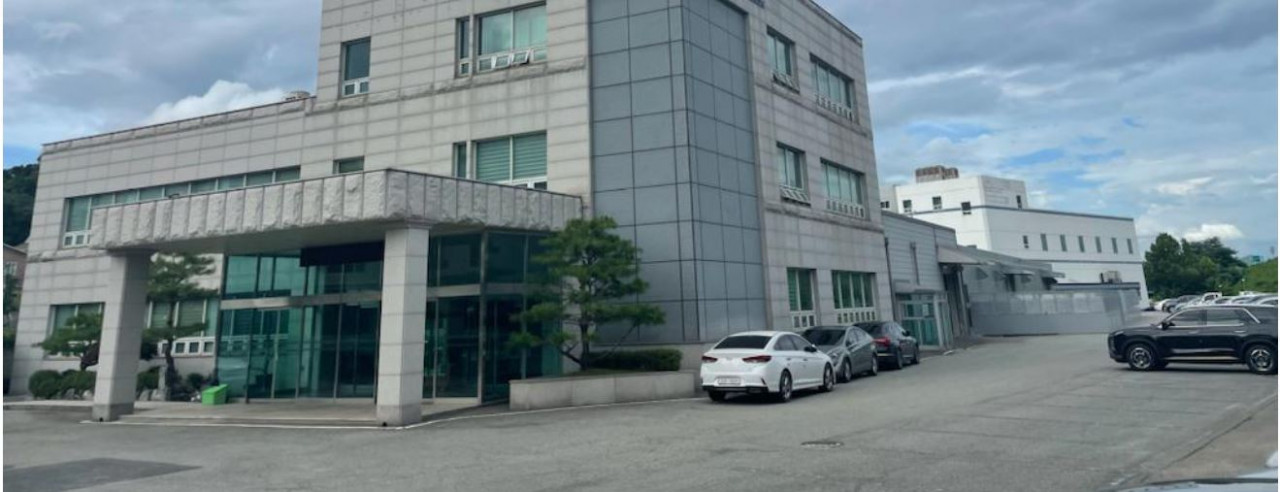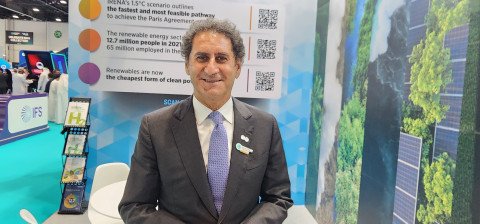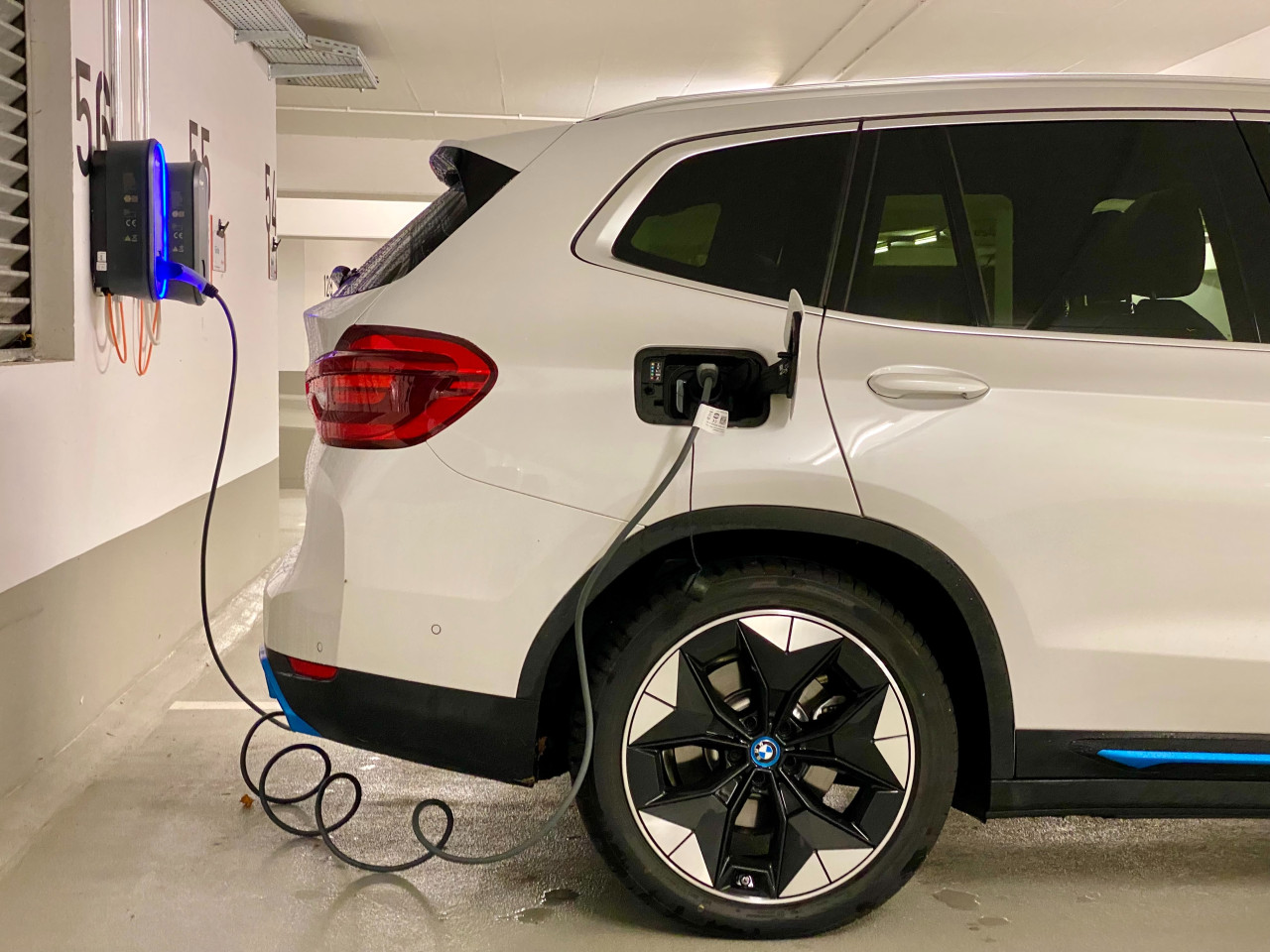'Our vision is to build the Apple and Northvolt of India’
With a razor-sharp focus on Li-ion cell product design and tech development, the International Battery Company is on a mission to electrify India's mobility sector. In an exclusive interview with Emerging Technology News, Priyadarshi Panda, Founder & CEO of IBC shares the story behind IBC, its battery manufacturing plans in India, and its vision for the future.
Q. What is the story behind the International Battery Company (IBC)? Tell us about where it all began.
Priyadarshi: International Battery Company is the brainchild of over a decade and a half of high-tech product development and manufacturing scale-up experience. At IBC, we pride ourselves in being the only Li-ion product and tech development company in the world, and the core elements of the product design are rooted in deep Silicon Valley-based engineering where IBC is headquartered. What we mean by this is that quite like Apple or Nvidia, product design and scalability come first and foremost for us.
Q: How have your previous roles at Applied Materials and iM3NY shaped you in setting up your own company?
Priyadarshi: Both places have different DNAs and have played their part in shaping my thoughts and strategies for IBC. Applied Materials being the largest semiconductor capital equipment company in the world has instilled a sense of excellence and nothing but the best attitude within me. At Applied, we were always encouraged to challenge the status quo and remain unfazed in the face of adversity. In addition, Applied Materials taught me to build and integrate complex technology keeping in mind designs for high-speed manufacturing and repeatability in scaling which are all part of our product philosophy at IBC. iM3NY being a startup instilled a mentality of lean behaviour making do with minimal resources and staying creative to attain goals with optimal use of available resources.
Q: IBC secured $35 million in a pre-Series A round of funding in January, and well before that IBC has been quietly building itself to be product-ready, tell us more about what prompted you to set up a factory here in India.
Priyadarshi: True. IBC has been building in stealth to be product ready. We are the only company in India today that is truly product-ready and has shipped commercially for customer pack integration of our cells.
There are multiple reasons for setting up our 'copy exact' high-volume manufacturing giga factory in India. First, the product was designed keeping the voice of the Indian customer in mind, secondly, IBC's go-to-market customers are Indian two-wheeler and three-wheeler providers, and we would like to be close to the customers to truly partner with and support them. Also, from a unit economics perspective, we can have significant savings on capital costs of factory build and factory operation costs such as labor, utilities, etc. in India.
Q. Last year, IBC signed a pact with the Karnataka government to build a 10GWh lithium-ion battery manufacturing facility with an outlay of Rs. 8000 crores. Tell us more about the IBC's battery manufacturing facility.
Priyadarshi: The timeline for commissioning IBC's India giga factory will be within 15 months from the start date of construction and is currently targeted for late 2025.
IBC is a Li-ion cell product company. Our key IP is around our product design to elicit characteristics of the product to meet the niche needs of the Indian customers driven by the environment (high temperatures) and operating conditions (stop-go traffic, high power needs, and others). Battery packs made with IBC's Li-ion cells will provide the highest operating condition pack level energy density, longest-cycle life (warranty), and best C-rate characteristics (fast charge-discharge) of cells in India today, functioning safely due to the unique design of IBC cells.
However, from a material perspective IBC uses a standard well understood NMC-622 chemistry for cathode as well as standard graphite for anode which ensures that IBC cells can be made in high-volume manufacturing without supply chain issues or issues with not so well understood chemistries.
IBC is currently manufacturing cells from a fully operational 50MWh nameplate capacity [in Korea] facility running only shift one operation which is to remain the case unless a compelling customer timeline forces IBC to increase shifts in operation. IBC is in discussions with multiple recycling partners but hasn't zeroed down on one company yet.
Q: What would you say is your product's USP?
Priyadarshi: IBC's product was designed to provide safe, high C-rate (fast charge/discharge) characteristics with a long warranty i.e. double that of current NMC-811 cylindrical cells in India. In addition, through testing, IBC has realized that under 1C-1C (or 1.5C-C/2) standard operating conditions, IBC cells can provide the highest energy density at the pack level.
Q: Are you in talks with potential customers? What kind of partnerships are you keen on forging in the Indian market?
Priyadarshi: Yes, we have built battery packs with two customers already, and are commercially providing cells to an additional three customers for battery pack integration and testing, all in the mobility sector.
We believe in strong partnerships with our customers, where we can co-develop or at least participate in the battery pack and assembly process of the initial units, so we can truly optimize the battery pack to demonstrate the unique, industry-leading characteristics of IBC prismatic NMC Li-ion cells.
Q: What do you reckon has been a challenge in your journey as a product company and how were you able to overcome it?
Priyadarshi: Being a Li-ion cell product company, the biggest challenge was getting the product design right to be able to cater to the needs of a large, wide, and tall customer base in the mobility sector in India. IBC products can be used across customers in two-wheelers, three-wheelers, four-wheelers, buses, industrial equipment, and tractors. Being able to cater to the needs of so many customers across diverse requirements is truly ingenious and the team deserves credit for making it happen.
The second challenge was to get a 50 MWh fully operational in record time and follow that up with product qualification through 3rd party UN 38.3 and BIS certifications.
Last but not the least, being able to make our product at scale and deliver to customers again in record time was super challenging. IBC was able to deliver because of our three pillars: Team, Partnerships, and Product Design.
Q: What role does the IBC hope to play in India's EV transition journey?
Priyadarshi: IBC hopes to provide leadership in Li-ion product design and high-volume manufacturing (HVM) in India, enabling custom-designed OEM products, be it in two-wheelers, three-wheelers, industrial equipment, tractors, or larger mobility such as four-wheelers and buses, to suit the requirements of the Indian customer.
In addition, IBC intends to partner with EV ecosystem players and enable this historic transition that India is undergoing by bringing up-stream supply chain partners to produce in India such as cathode manufacturers, can and cap assembly manufacturers, etc. as well as partnering with down-stream players such as recycling partners to ensure India is self-sufficient in mineral inputs needed for an effective transition to electric mobility.
Q: Any plans of diversification into other applications (stationary storage) or foray into markets beyond India?
Priyadarshi: Yes. IBC's unique cell design allows us to find usage in storage applications as well and there are suitable markets beyond India where operating temperatures are high such as in Southeast Asia, Africa, and even parts of the U.S. However, our current focus is on the mobility sector in India where we are very confident of providing the best battery pack solutions through our cells to our customers.
Q: Where do you see IBC in the next 5-6 years?
Priyadarshi: IBC is walking steadily on its plan of building the Apple and Northvolt of India where we can truly enable and support the EV ecosystem in India and other geographies. IBC has the tools, team, partners, investors, and product to become a large 20 GWh multi-billion-dollar revenue business that India and Indians can feel proud of. Through IBC's product leadership, Indian OEMs can provide truly differentiated, custom-designed products to Indian consumers.
Q: What is your vision for the future?
Priyadarshi: Our vision is to build the Apple and Northvolt of India using physics and data engines through a unique and scalable product design of Li-ion cells.





















